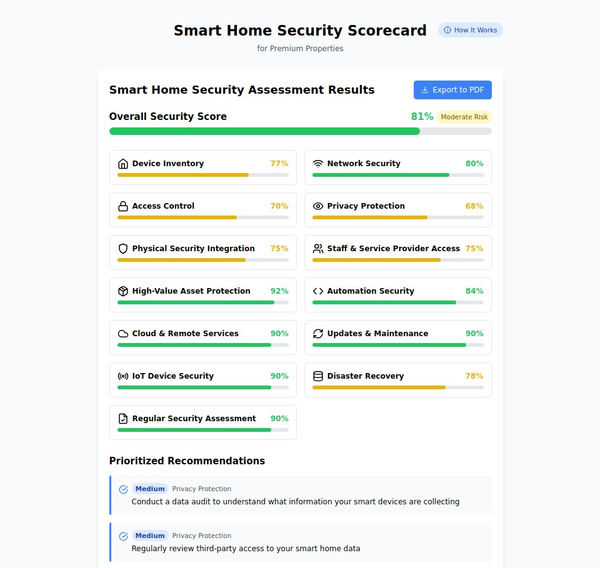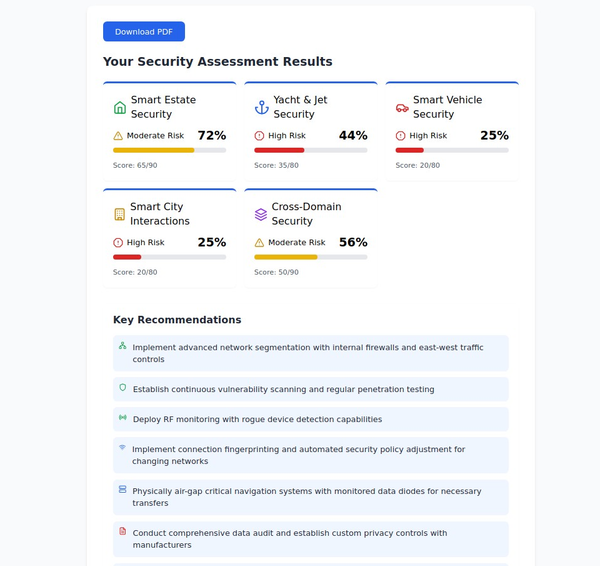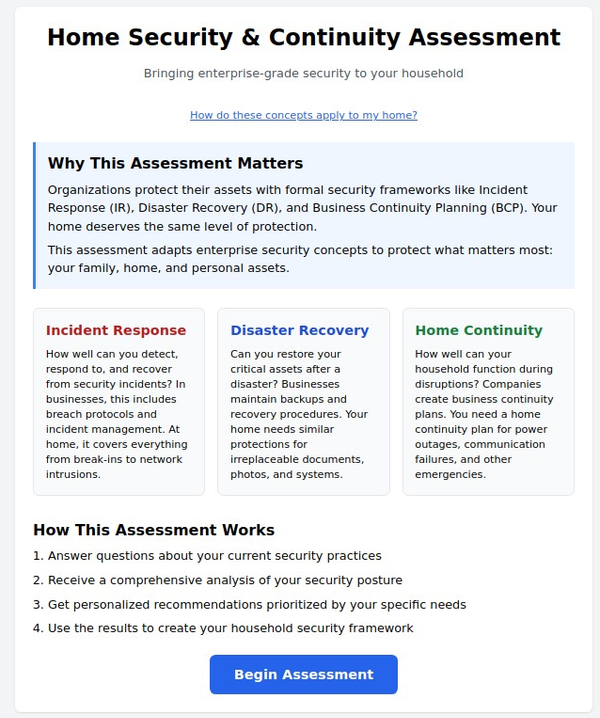The Role of Artificial Intelligence in Predictive Home Security

Summary: This article examines the role of artificial intelligence (AI) in predictive home security systems. It discusses how AI algorithms analyze data from various sensors to detect patterns and anomalies, enabling proactive security measures.
Introduction: Artificial Intelligence (AI) has emerged as a game-changer in various industries, and home security is no exception. With advancements in machine learning algorithms, AI is transforming traditional home security systems into predictive and proactive solutions. In this article, we will explore the significant role of AI in predictive home security, its benefits, and how it is revolutionizing the way we protect our homes.
Understanding Predictive Home Security
Predictive home security leverages AI algorithms to analyze data from various sources and detect patterns that may indicate potential security threats. Here's how AI enhances predictive home security:
a. Data Analysis: AI algorithms can analyze data from sensors, cameras, and other smart devices to identify patterns of normal behavior and detect anomalies or potential security breaches.
b. Behavior Monitoring: AI can learn and understand the typical behavior of homeowners, recognizing deviations from the norm and raising alerts when suspicious activity is detected.
Proactive Threat Detection
AI-powered predictive home security systems enable proactive threat detection, enabling homeowners to take preventive measures before security incidents occur. Here's how it works:
a. Real-Time Alerts: AI algorithms can instantly analyze incoming data and generate real-time alerts when abnormal activities or security threats are detected, such as unauthorized access attempts or suspicious behavior.
b. Contextual Insights: AI can provide contextual insights about detected threats, helping homeowners understand the severity and potential impact of the situation.
Integration with Smart Home Devices
AI seamlessly integrates with various smart home devices, enhancing the overall security ecosystem. Here are some key benefits:
a. Smart Cameras: AI-powered cameras can intelligently identify and differentiate between humans, animals, and objects, minimizing false alarms and enhancing accuracy.
b. Motion Sensors: AI algorithms can analyze data from motion sensors to differentiate between normal household movements and potential intrusions, improving the accuracy of alerts.
c. Voice Assistants: AI-powered voice assistants can provide voice-activated control and monitoring of home security devices, allowing homeowners to easily manage security systems.
Continuous Learning and Adaptation
AI systems have the ability to learn and adapt over time, improving their accuracy and effectiveness in detecting security threats. Here's how continuous learning benefits predictive home security:
a. Machine Learning: AI algorithms can learn from historical data, enabling them to adapt to changing patterns of behavior and refine their threat detection capabilities.
b. Feedback Loop: AI systems can incorporate feedback from homeowners, allowing them to continuously improve their performance and accuracy.
Conclusion
Artificial Intelligence plays a pivotal role in predictive home security, shifting the paradigm from reactive to proactive security measures. By analyzing data, detecting anomalies, and providing real-time alerts, AI empowers homeowners to take preventive actions and stay one step ahead of potential security threats. With its seamless integration with smart home devices and continuous learning capabilities, AI is revolutionizing the way we protect our homes, making them safer, smarter, and more secure than ever before.





